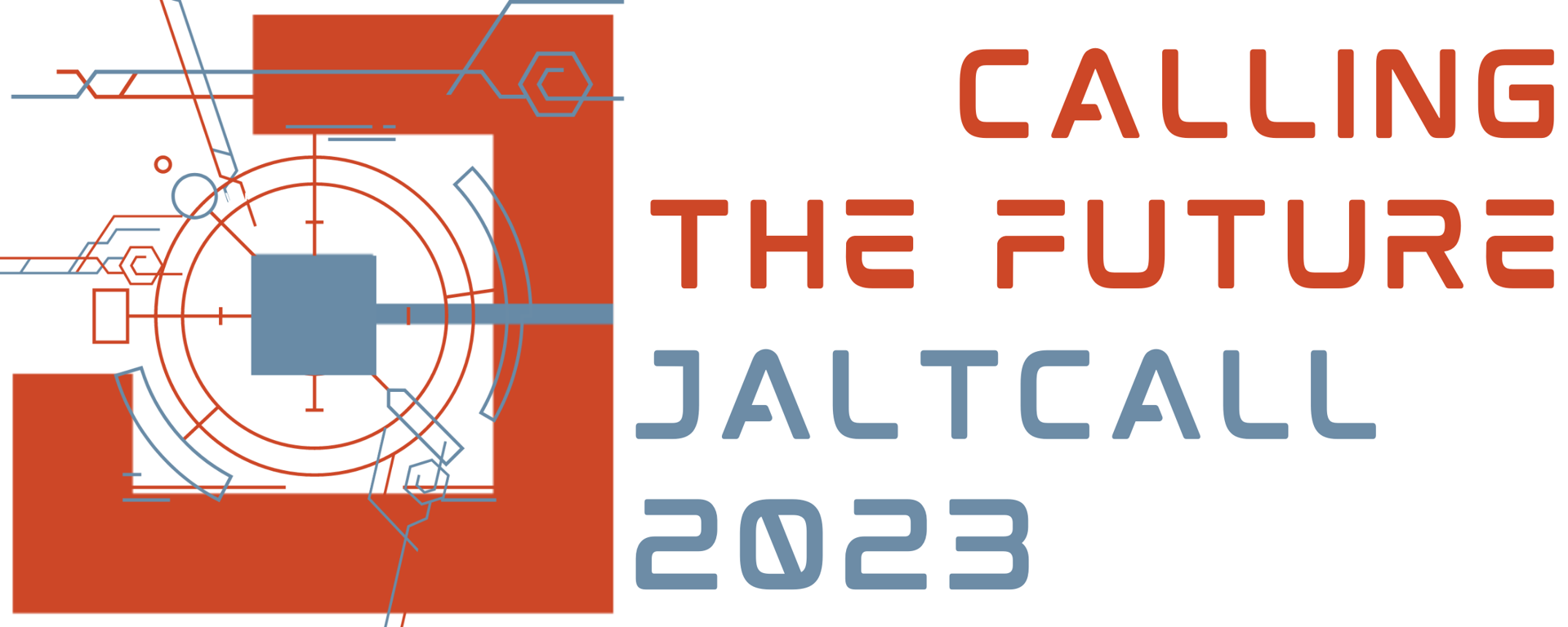2023-06-03, 09:30–10:00 (Asia/Tokyo), C2
Language: English
Since the COVID-19 pandemic, it has become more common to make use of digital technology in the Japanese English language classroom. In this study, we investigated how students actually feel about the use of technologies in the classroom and whether one year of English language learning utilizing such digital technologies as part of a university course impacted on their attitudes toward such methods of learning. Our results revealed no significant change in the students' attitudes toward learning English using digital technologies. However, what was apparent was that students had different attitudes to the use of digital technologies depending on their English proficiency. Students with lower English proficiencies were more positive about learning English with digital technologies while students with higher English proficiencies appeared to prefer paper-based learning materials. We surmised that lower English proficiency students found digital technologies less intimidating and stimulating while higher English proficiency students preferred traditional paper-based methods as a result of experiencing a certain level of success with this style of learning at junior and senior high school. Finally, we looked at what implications these conclusions had for our lower-level and higher-level English CALL classes.
The present study investigated changes in attitudes toward learning English with technologies. The attitudes were different depending on English proficiency.

